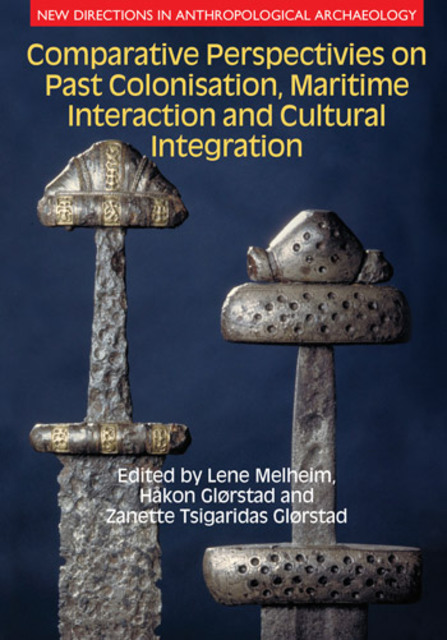Melheim et al./Comparative Perspectives, 10. Exploring New Territories, Expanding Frontiers

Full description
The argument in this article has two premises: First, migration and other forms of human movement have been the norm throughout human history. Second, western Scandinavia is rife with readily exploitable copper ores, and there might have been attempts at utilizing these in the 3rd millennium BC. Building on the concept of travelling metallurgists as an element in the expansion of the Bell Beaker phenomenon in combination with anthropological perspectives on prospecting, the article explores how prospecting for metal would have been adapted to the landscapes of western Scandinavia. Generally, although prospecting seldom leads to successful metal production, and is difficult to study archaeologically, it will often have a significant transformative impact – on both the external and indigenous actors and societies. Two archaeological sites in western Norway are expressly discussed, Slettabø in Rogaland and Skrivarhelleren in Sogn. The latter is particularly relevant as a historical case of prospecting and mining from the 1700s AD and offers insights into movement in a fjord and upland landscape.
- typeImage
- created on
- file formatjpg
- file size67 KB
- container titleComparative Perspectives on Past Colonisation, Maritime Interaction and Cultural Integration
- creatorLene Melheim; Christopher Prescott
- isbn9781781793930 (eBook)
- publisherEquinox Publishing Ltd.
- publisher placeSheffield, United Kingdom
- rights holderEquinox Publishing Ltd.
- series titleNew Directions in Anthropological Archaeology
- doi
We use cookies to analyze our traffic. Please decide if you are willing to accept cookies from our website. You can change this setting anytime in Privacy Settings.
